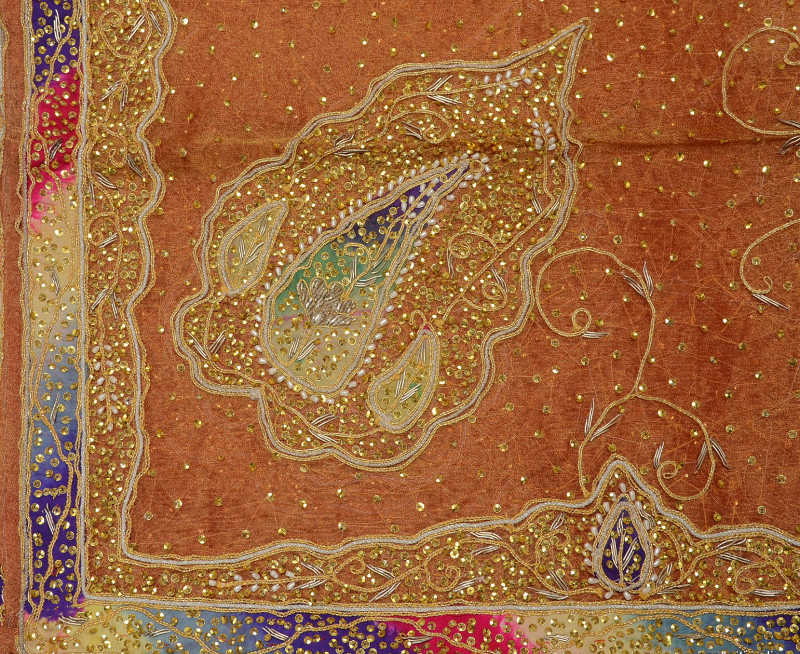===
0508,
2
===

=== |
 |
ġhalat̤ : 'Wrong, erroneous, incorrect, inaccurate; untrue, false'. (Platts p.772)
rāh par ānā : 'To come or return to the road, find the road (which had been lost); to mend (one's own) ways or manners'. (Platts p.585)
FWP:
SETS == IDIOMS; KYA
MOTIFS == BEKHUDI; ROAD
NAMES == LAILA; MAJNUN
TERMS == DOUBLE-GHAZALThis ghazal and the following one [{509}] form a 'double-ghazal'. [SSA integrates its selected verses into one ghazal: first the opening-verse from {509}, then these two verses from {508}, then three more verses from {509}. For discussion of this, see {509,1}.]
The phrase rāh-e ġhalat̤ opens up not only a neutral, pragmatic meaning ('a road that does not lead to the destination') but also a morally charged metaphorical meaning ('a road that is wrong, untrue, false'). These two possibilities are further developed in the second line: the question might be whether Majnun would ever rāh par ānā in a neutral, pragmatic sense ('come onto a road that leads to the destination'), or in an idiomatic, metaphorical sense ('mend his ways', 'behave properly'-- see the definition above).
In either case, the description of Majnun as 'gone from himself' [z ḳhvud raftah] continues the imagery-- it sounds as though Majnun has wandered off somewhere away from himself, so that he's unlikely to wander (back?) onto the right road (in either sense).
Note for grammar fans: In the second line, the insertion of an invisible kyā is absolutely required. (On this see {490,2}.) The question as to whether Majnun would ever come onto the road clearly wants to be a negative rhetorical question that gives a terrific sarcastic fillip to the verse ('Would he ever...?! Of course not! As if!'). The line could also, though less enjoyably, be read as a straightforward inquiry ('Would he ever...?'). But to read it as 'Sometime he might/would...' is to make nonsense of the 'connection' between the lines.